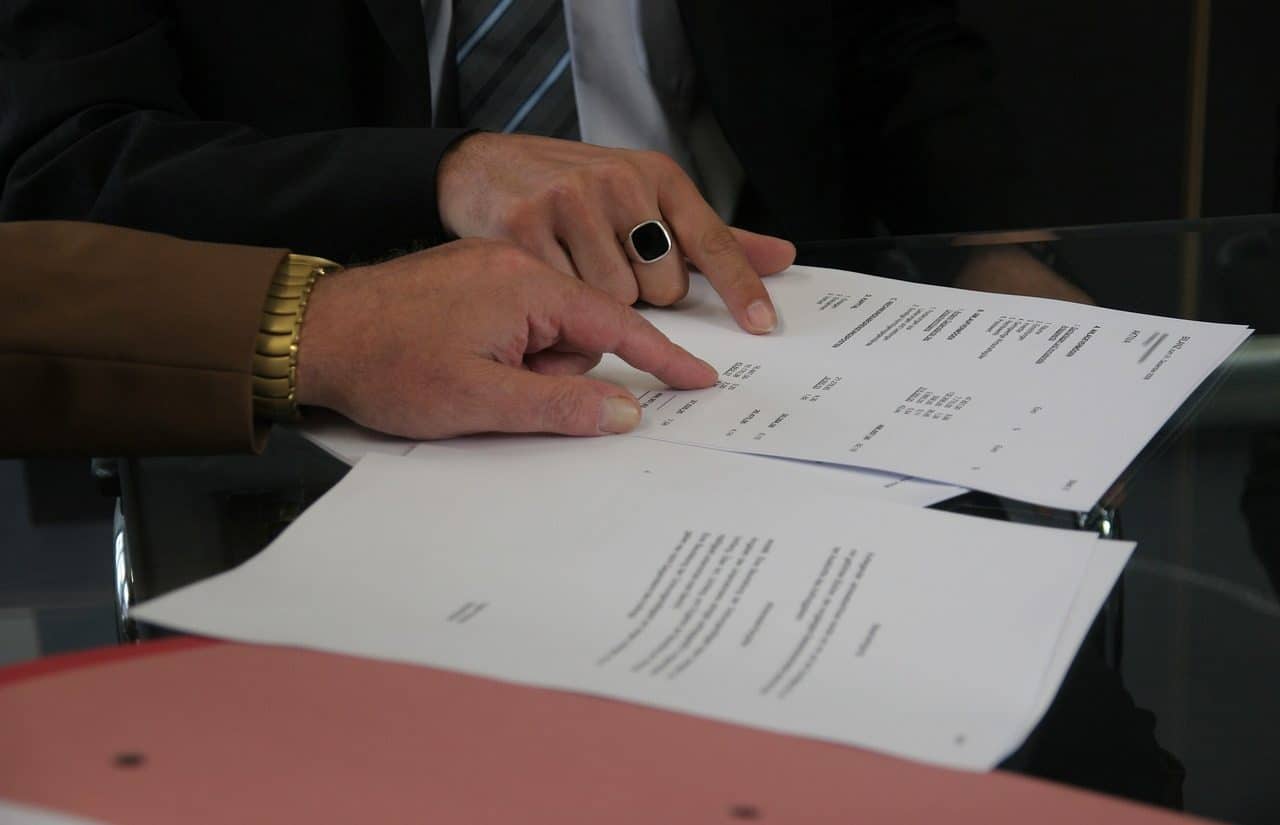
The lessor, through a lease contract, undertakes to transfer the temporary use of a thing to the lessee.
Lessor is someone who gives or offers something for rent . The verb lease, for its part, refers to granting or acquiring temporary use of a thing based on a payment .
For example: “Tomorrow I have to call the landlord to ask when we can take possession of the property” , “The landlord promised to give us a discount if the drought continues” , “When the landlord approached the property to demand payment of the rent, he was "received by the occupants of the house"
Obligations and rights of a landlord
The lessor is the one who, through a lease contract , undertakes to transfer the temporary use and enjoyment of a thing (real estate or movable) to the lessee . The lessee's obligation, in turn, is to pay a certain price for said use and enjoyment to the lessor.
Typically, the landlord requires a periodic payment, which may be known as rent or rent . Another possibility is that you collect the money required for the lease in a single payment, or there is even the option for the payment to be made without money, with things of equivalent price.
Suppose a person has a car that he does not use frequently and he decides to rent it to his neighbor. The lessor, therefore, signs a contract with the lessee where he stipulates that he will allow the temporary use of the car in exchange for 500 pesos per month . The lessee, therefore, must meet with the lessor every month to give him the corresponding money and be able to continue using the vehicle according to the conditions established in the contract.

The landlord can provide a rental home.
The case of real estate
Given the lack of information that people outside the legal field usually have regarding the characteristics of a real estate lease contract, great confusion is often generated regarding the obligations and rights of each party, in this case, the landlord and tenant. This can lead to unnecessary damages, generally for the latter, since it can force them to take charge of an expense that does not correspond to them according to the legal terms.
The first point to take into account is the conservation of the property ; It is important to note that any work necessary to maintain your structure , so that it continues in a habitable state, must be borne by the landlord, and this does not give you the right to increase the rental price. On the other hand, the law obliges the lessee to allow such repairs to be made before the end of the contract if necessity dictates, as well as to request them as soon as the pertinent breakdowns or defects are detected.
In cases in which a repair requires the tenant to leave the home for twenty days or more, the rent must be reduced proportionally to compensate for extraordinary expenses. This does not mean, on the other hand, that it is not possible to reach an agreement that exempts the landlord from said bonus if the tenant does not consider it necessary.
The landlord and the repairs
Small repairs that become necessary due to the inevitable wear and tear that comes with normal use must be paid for by the tenant. With respect to works that may modify the property , both in its appearance and in the layout of its space, they cannot be carried out by the tenant without prior written consent from the landlord.
If the tenant fails to comply with this obligation and decides to make changes to the property without the consent of the landlord, the latter may terminate the contract and, optionally, require the former to be responsible for restoring the home to its previous state.
If the tenant has a disability and needs to adapt the property to his or her abilities, the landlord cannot refuse to give approval, although the landlord is obliged to make a formal request and wait for a response before starting the work .
